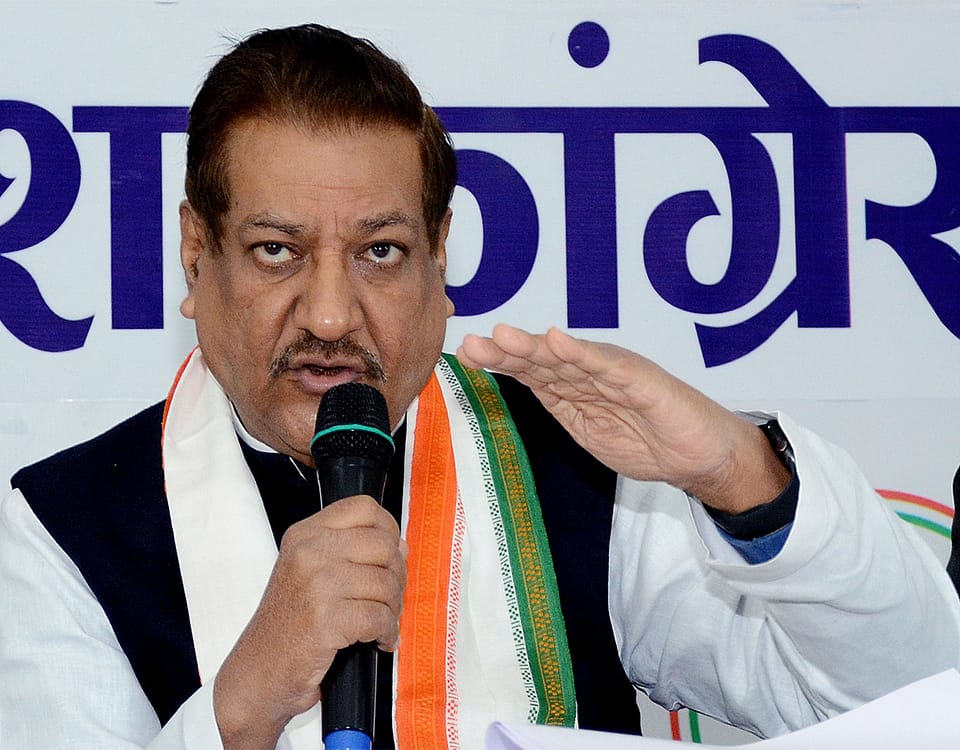
“KP Must Not Suffer for Politics,” Says Gandapur After Tendering Resignation
October 9, 2025
Ex-senator Mushtaq Ahmad Khan slams Muslim nations for failure to act during Gaza genocide
October 9, 2025Islamabad, 9 October 2025 — In a forceful address to his federal cabinet, Prime Minister Shehbaz Sharif warned that Pakistan will no longer “wait any longer” in the face of rising terrorism, asserting that those posing as allies but sheltering militants will be held accountable. The premier emphasized that the sacrifices of the country’s martyrs would not be allowed to go in vain.
Sharbaz’s remarks come amidst heightened security incidents, and he called for “decisive” and “immediate” action to restore stability.
Key Highlights from the Speech
- The Prime Minister acknowledged recent losses in Orakzai, naming officers like Lieutenant Colonel Junaid, Major Tayyab, and Major Sibtain Haider among the martyrs he had personally attended funerals for. He said Lt. Col. Junaid had killed 19 terrorists while leading from the front.
- Sharif accused militant networks of using neighboring countries as sanctuaries, while being aided or glorified by groups posing as friends: “These Khawarij cross our borders and attack innocent Pakistanis, while our so-called friends protect and glorify them. Pakistan’s patience has run out.”
- He declared that a red line has been drawn with the blood of martyrs — “no one will be allowed to cross it.” He warned that continued attacks would render the efforts of government, institutions, and the people wasted.
- Sharif also broadened his remarks to international issues: reaffirming Pakistan’s support for Palestine, he said that the nation had stood united at the United Nations, pushing for a ceasefire. He credited diplomatic efforts with global recognition, including engagement with President Trump and cooperation with China and Saudi Arabia.
- On the domestic front, he thanked political leadership from across provinces for their role in issues like Kashmir and economic diplomacy, citing progress in bilateral trade, development initiatives, and defense pacts.
Context: Rising Terror Incidents & Security Pressure
Pakistan has experienced a resurgence in militant attacks in several regions, particularly in Khyber Pakhtunkhwa and Balochistan, since the breakdown of informal ceasefires with groups like the Tehrik-i-Taliban Pakistan (TTP). Last year, Sharif had already warned that militants targeted the China-Pakistan Economic Corridor (CPEC) to derail development.
Since mid-2024, the federal government launched Operation Azm-e-Istehkam, intended as a multi-domain counterinsurgency campaign that combines military action with socio-economic measures.
Moreover, in 2025, the Jaffar Express hijacking incident stirred public and official outrage, with Sharif publicly condemning the perpetrators and pledging stern action.
In this climate, Sharif’s latest pronouncements signal a possible escalation in government counterterrorism posture.
Challenges, Risks & What to Watch
1. Operational Capacity & Unity
A strong declaration is one thing; execution across Pakistan’s varied terrain and governance structure is another. Success depends on coordination among military, intelligence, provincial governments, and law enforcement.
2. Diplomatic Fallout
Calling out “friends in disguise” and accusing neighboring territories may heighten tensions in regional diplomacy. Any cross-border action or interference claim will need to be handled carefully.
3. Rights, Oversight & Legitimacy
Aggressive operations risk collateral damage or accusations of overreach. Maintaining legal oversight, transparency, and public confidence will be critical.
4. Political Use & Narrative
Strong rhetoric may also serve political optics, especially as counterterrorism leadership becomes a key arena in national politics. The balance between symbolism and substance will be scrutinized.
5. Sustainability of Effort
Counterterrorism must be sustained over long periods — diverting resources, public patience, and institutional stamina are real constraints.




